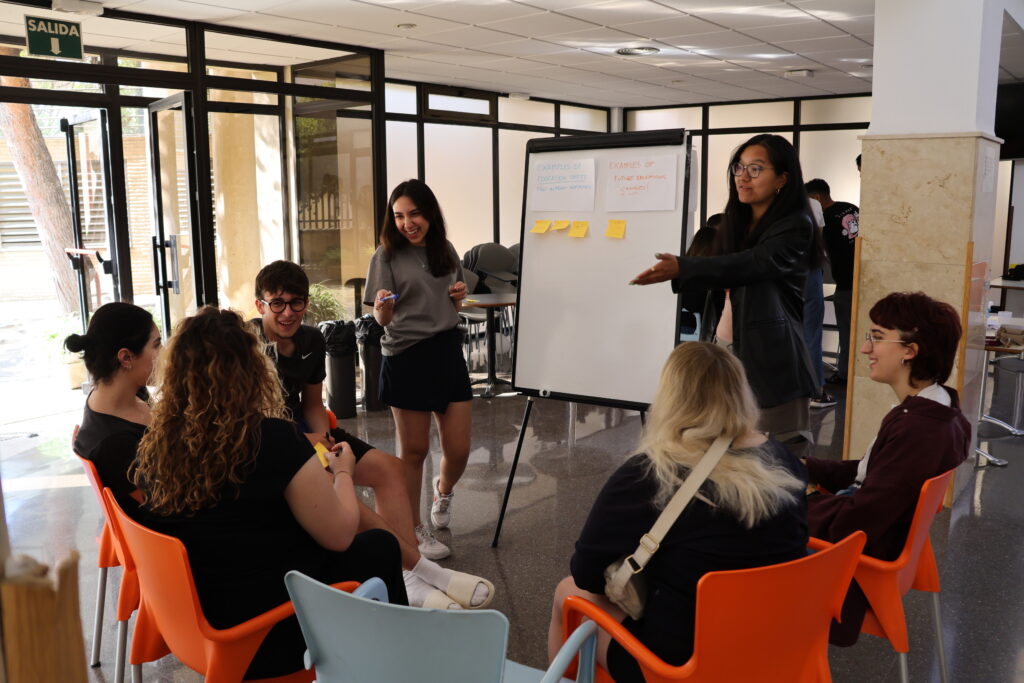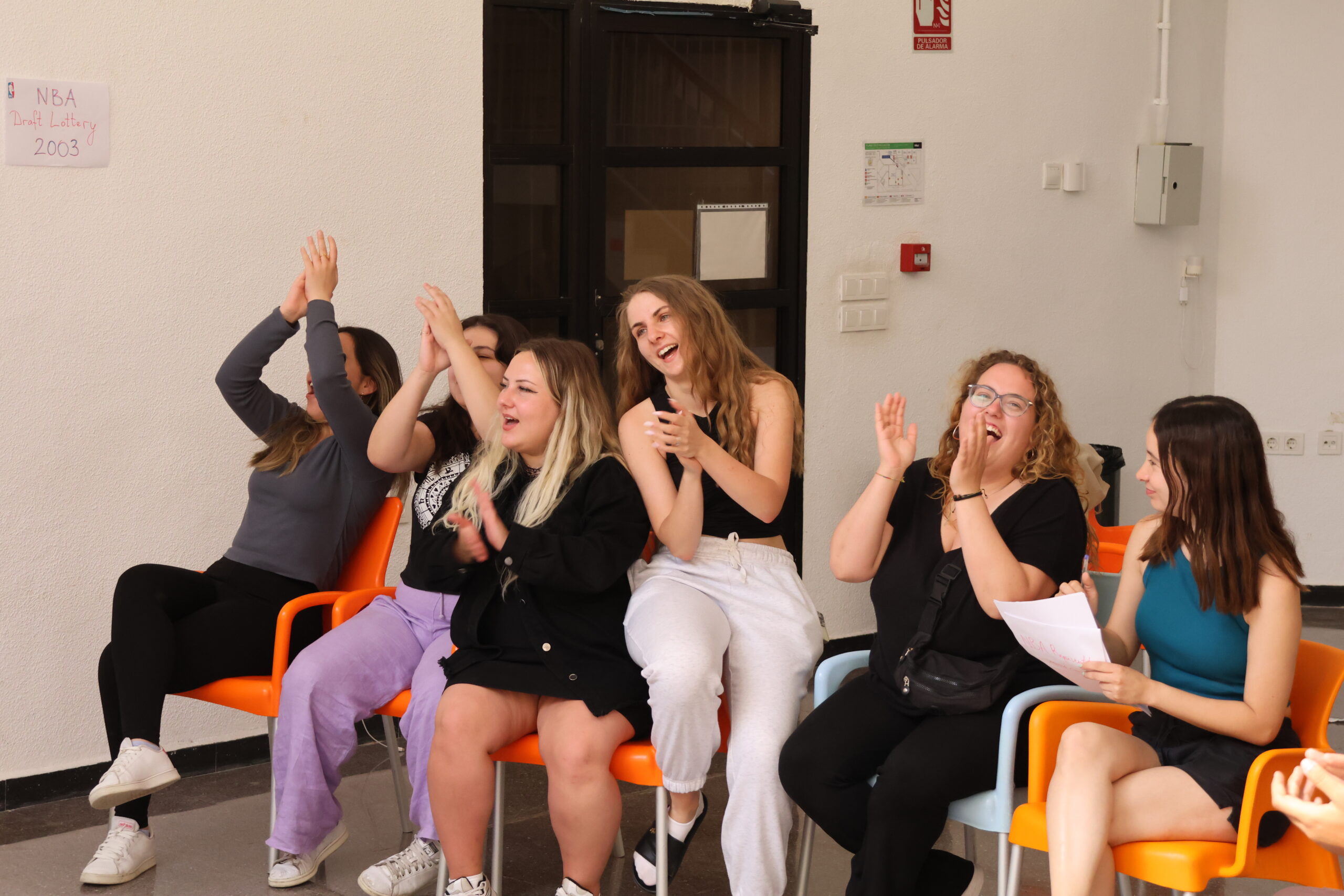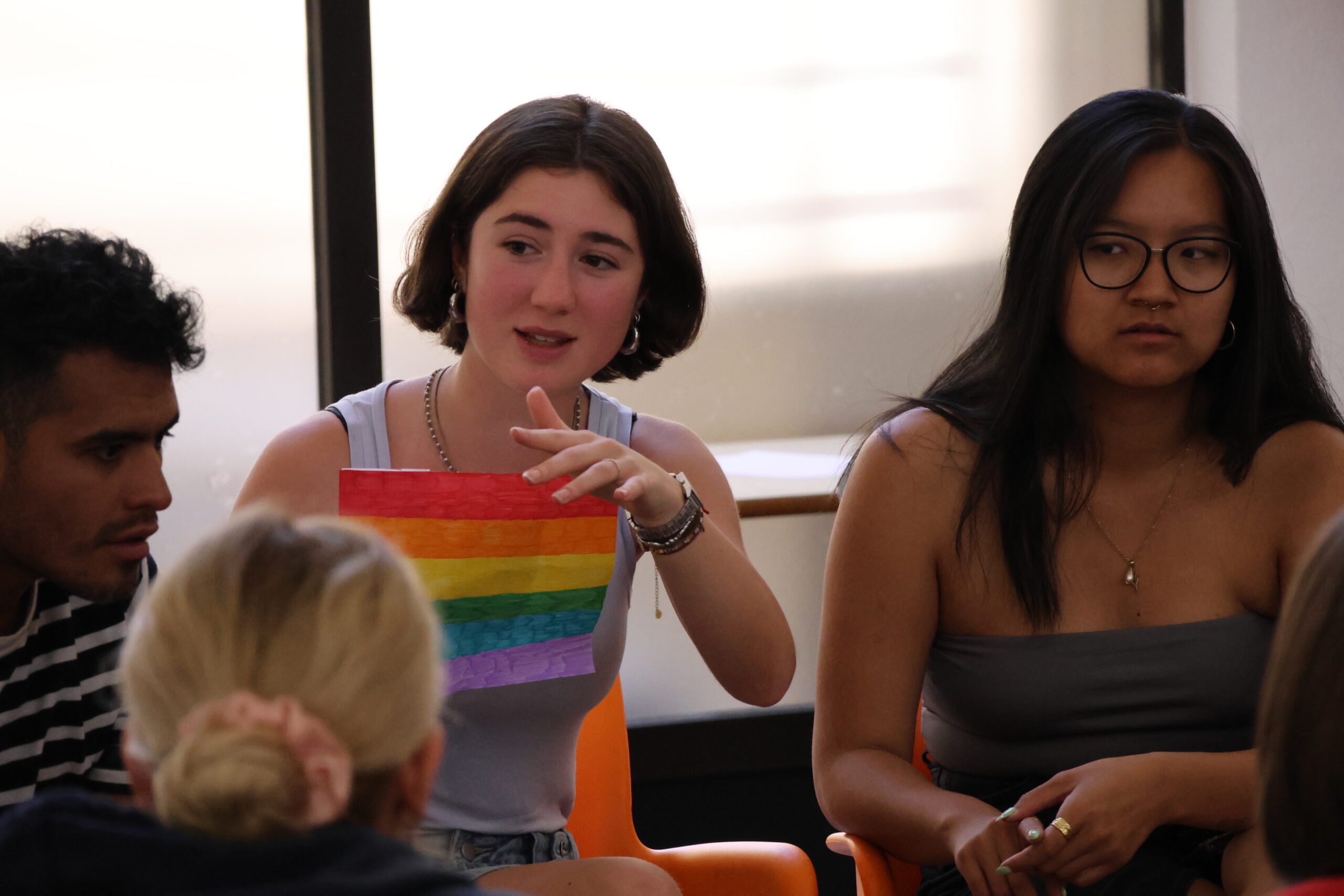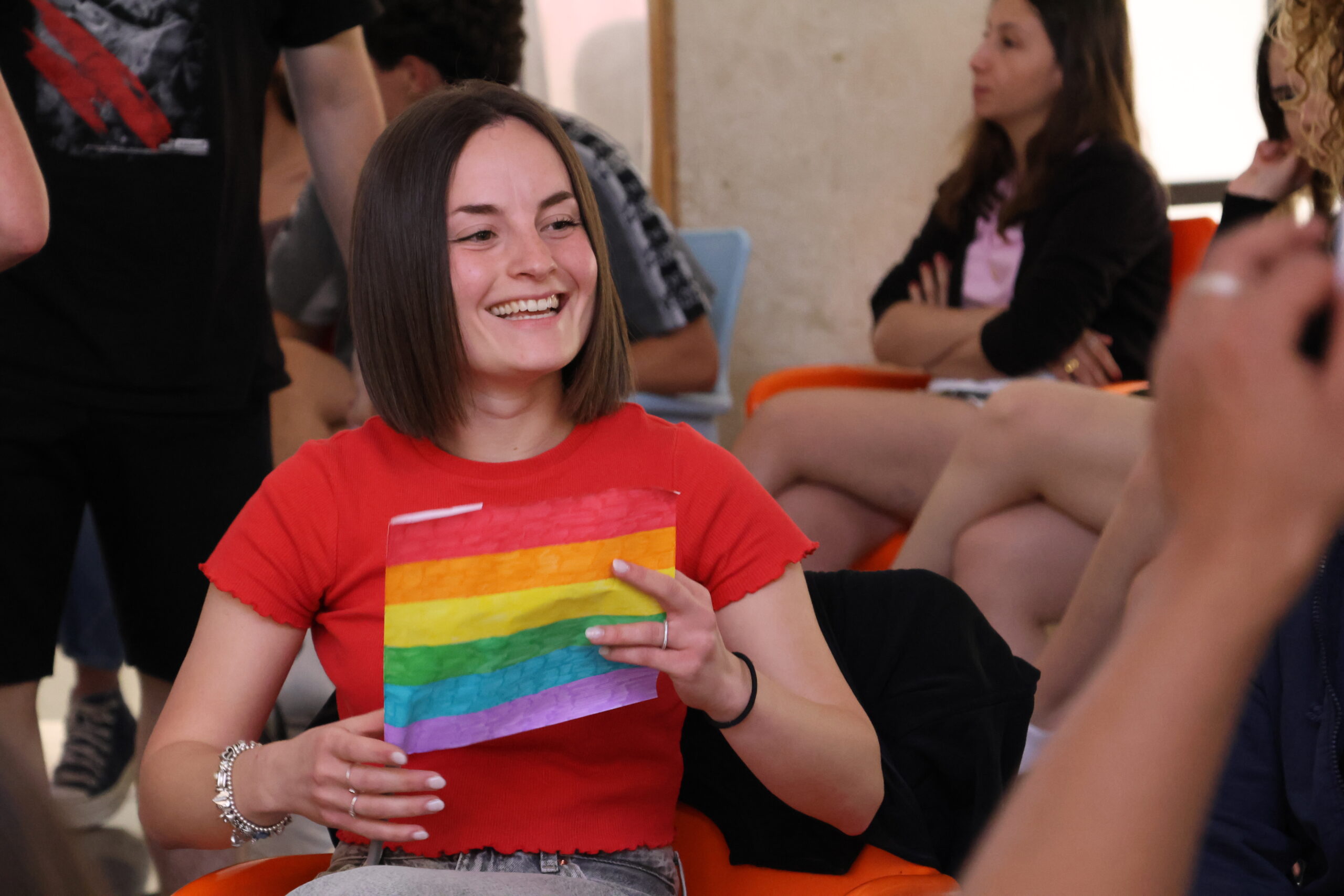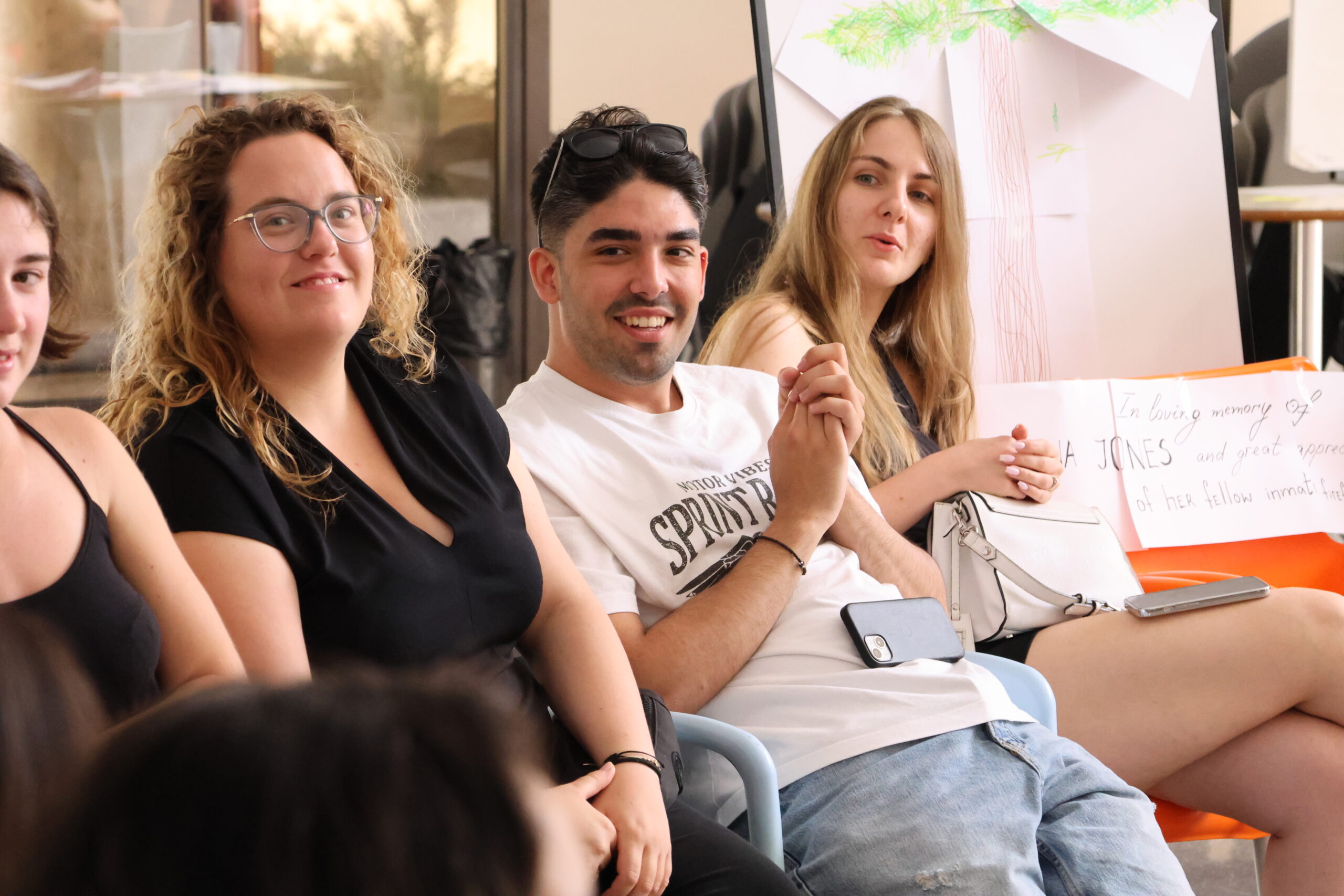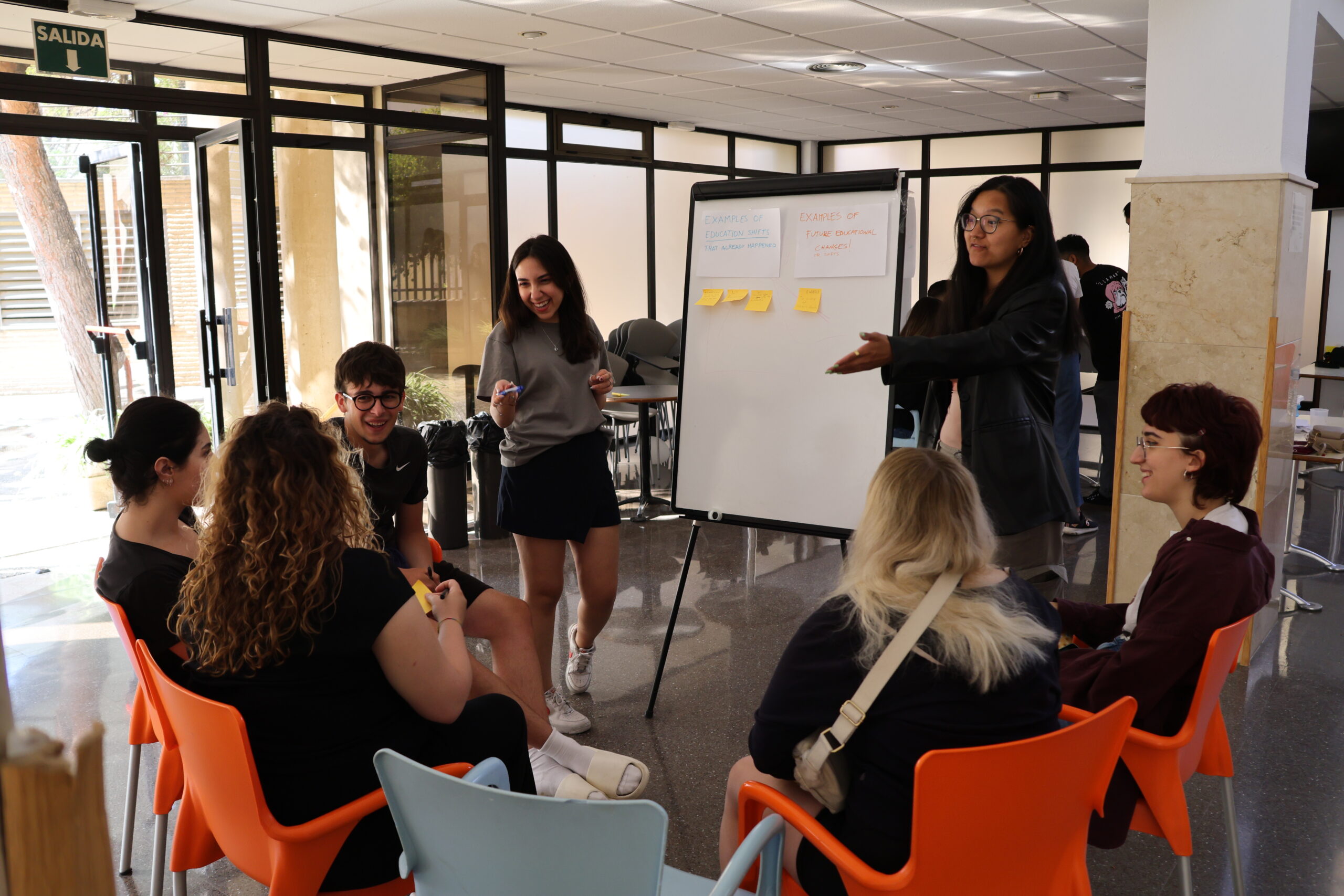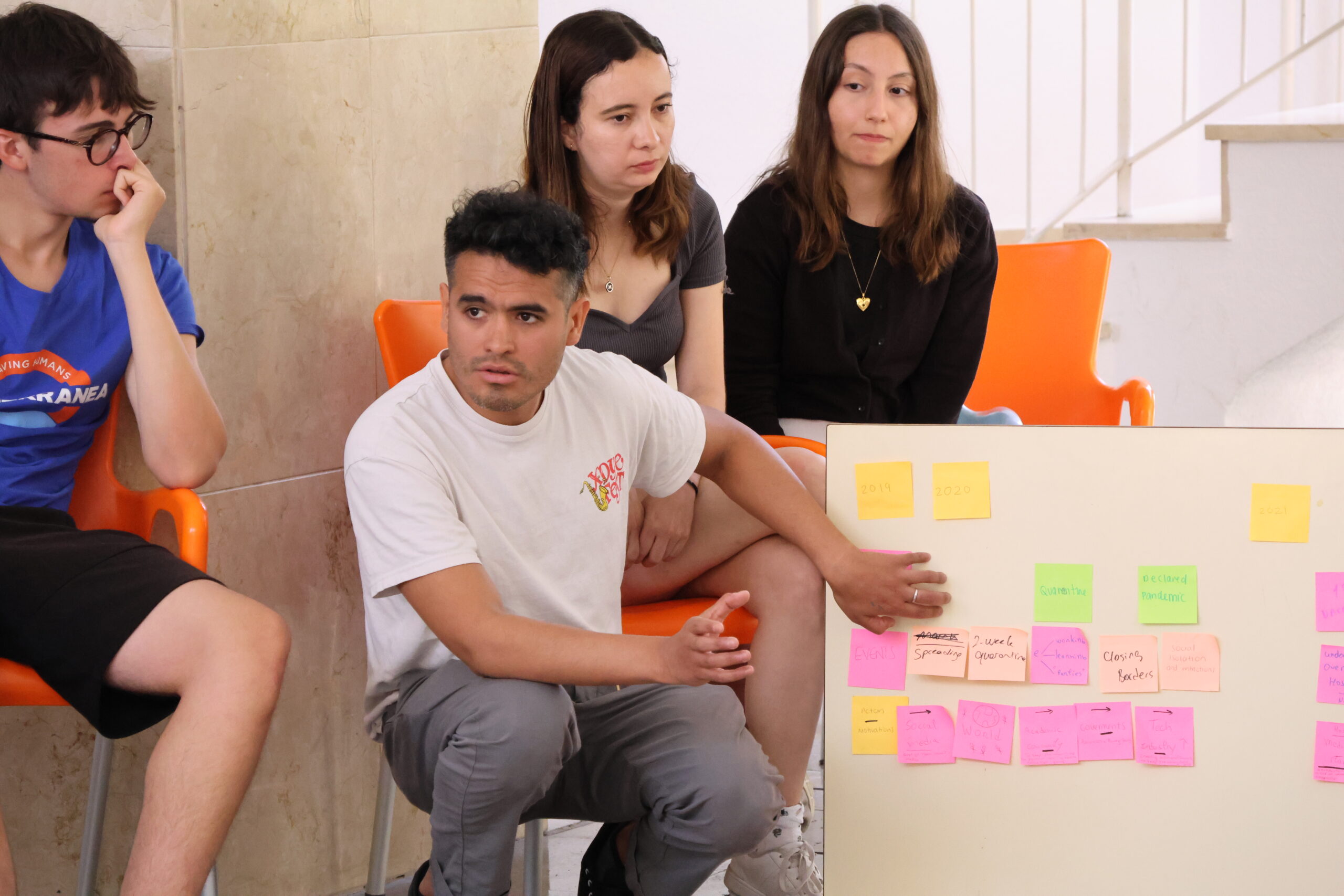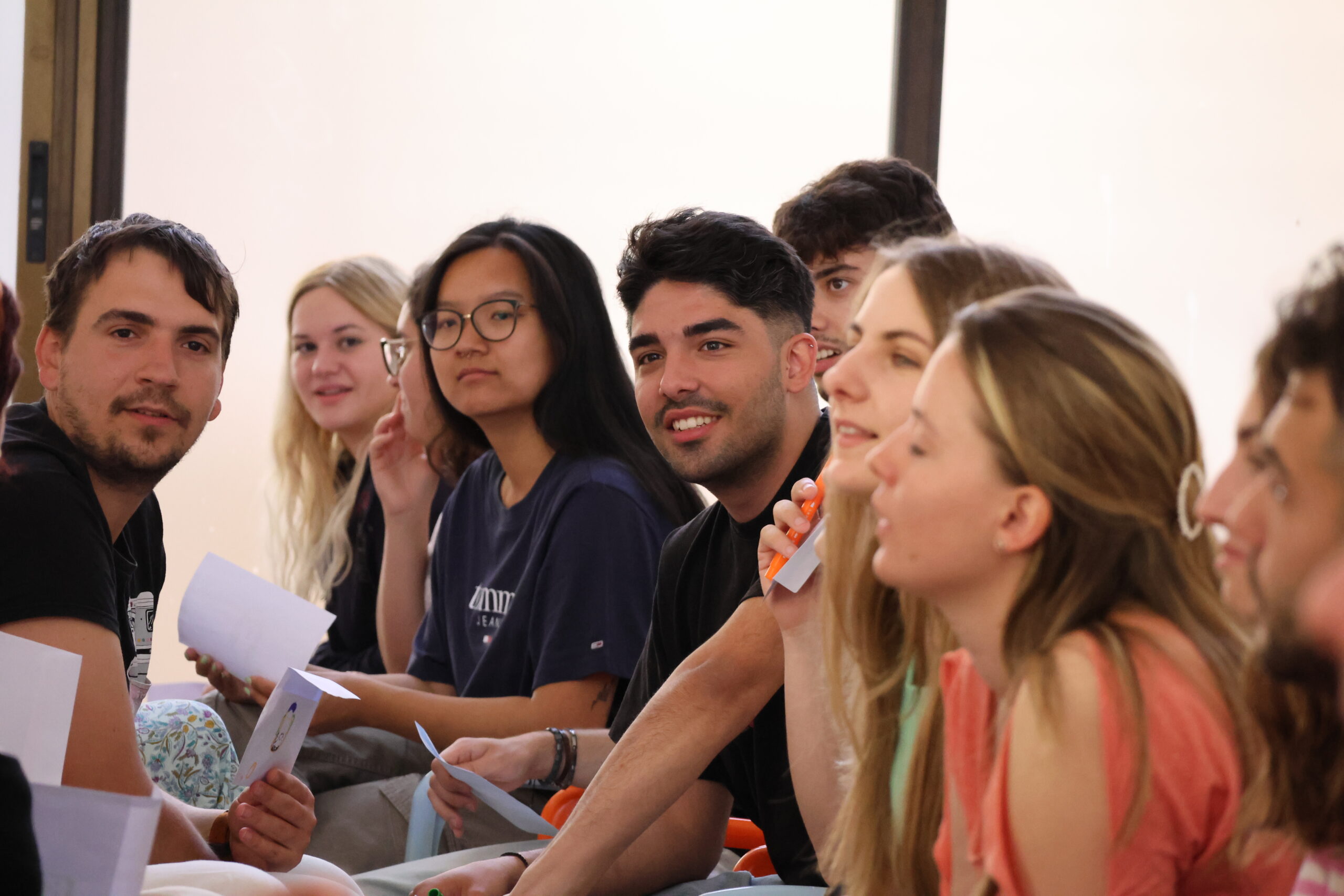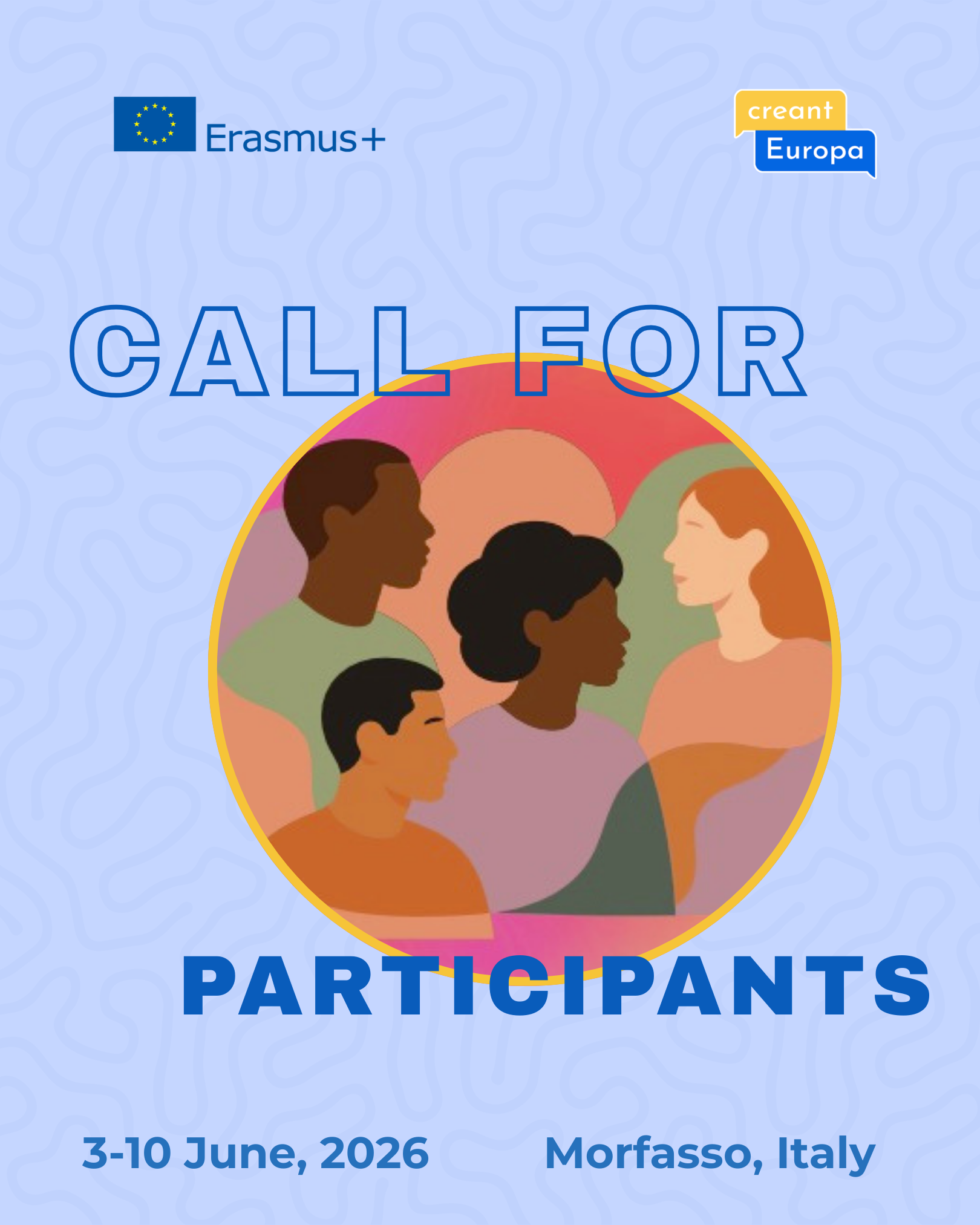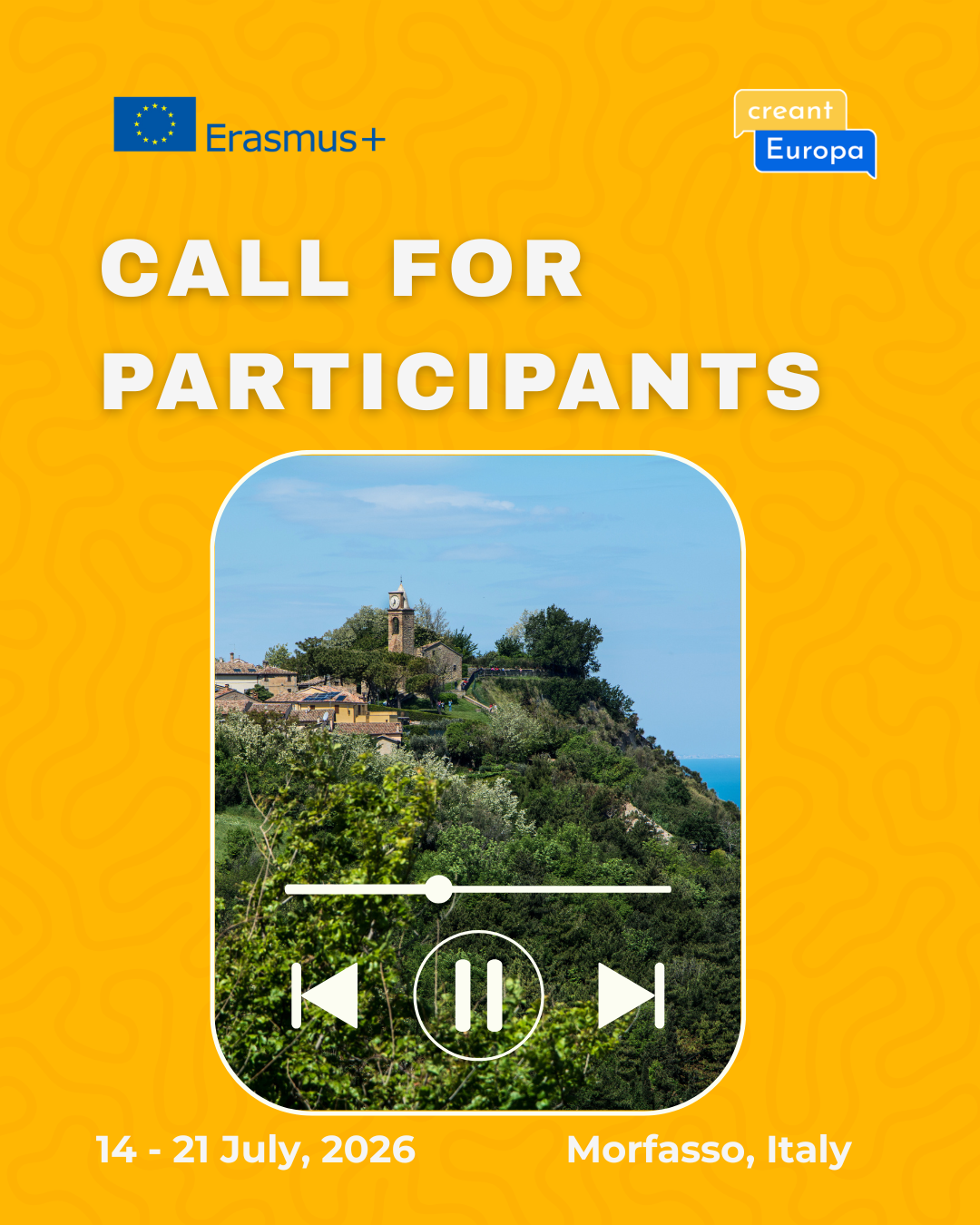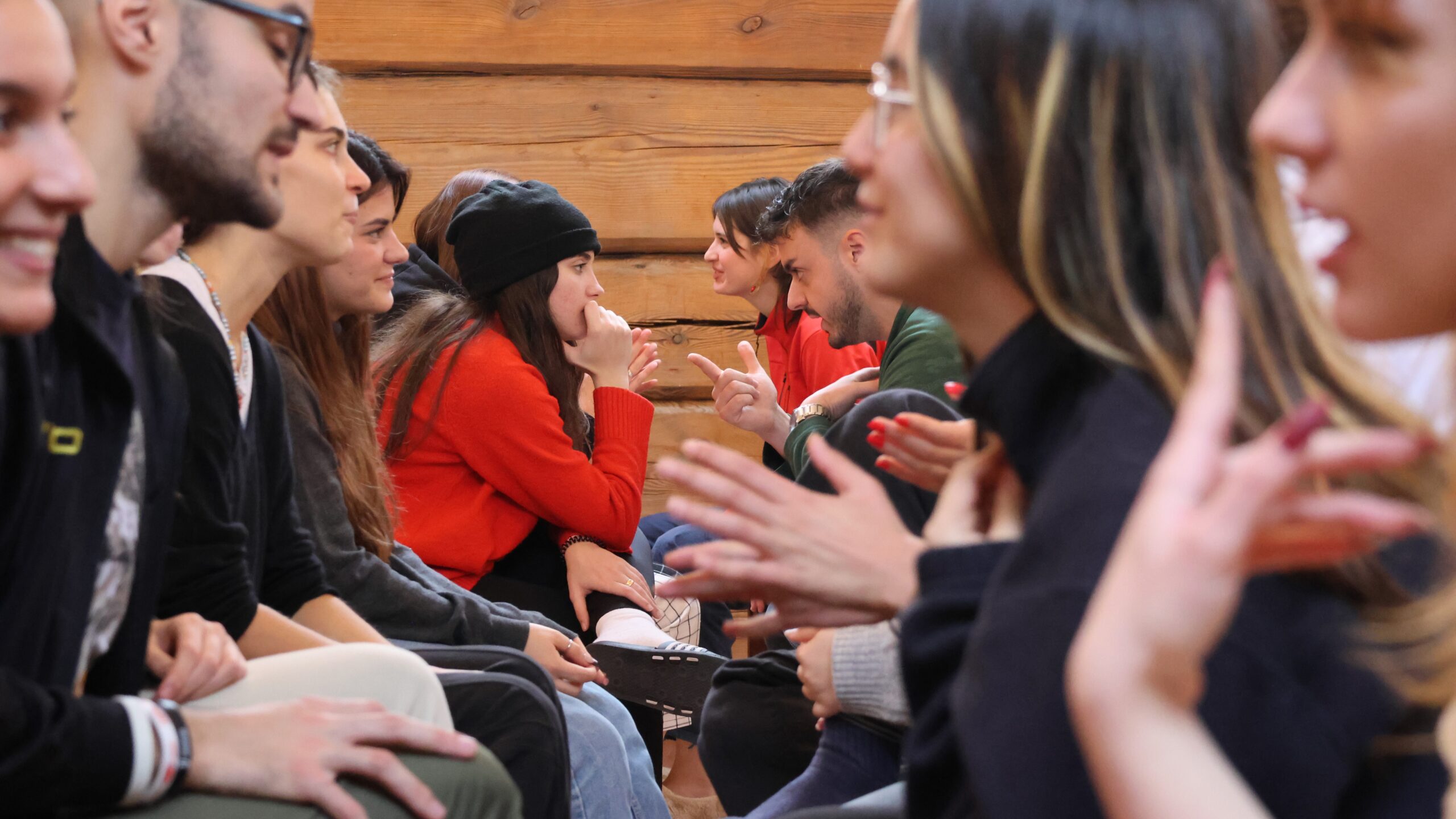Alicante, Spain
From May 12 to May 19, thirty-six young people from six countries – Latvia, Italy, Spain, Türkiye, Greece, and Bulgaria – participated in a youth exchange project focused on the impact of history on the present and future. This event provided an opportunity for participants to explore and discuss how historical events and decisions shape contemporary society and influence future developments.
Our journey began with discussing how societies remember and commemorate past events and the importance of ethical considerations in deciding what is remembered and what is forgotten. We learned that it is crucial to recognize biases and ensure that marginalized voices are not silenced in historical narratives, advocating for a balanced and inclusive approach to preserving history.
We examined the interplay between memory and economic inequality, uncovering how disadvantaged communities often have their histories overlooked or erased. Economic power can dictate which stories are told and preserved, prompting us to consider how we can support efforts to the histories of economically marginalized groups. This ensures that their contributions are recognized and valued, fostering a more equitable collective memory. Also, the impact of technology on memory was another topic we explored, creating our own content within the topic.
Visual collective memory was highlighted as we learned about the power of images in shaping our understanding of the past. Photographs, films, and other visual media play a significant role in how historical events are remembered and interpreted. We learned the importance of critical engagement with visual media to understand the context and perspectives they represent, ensuring a more nuanced comprehension of history. We practised our visual collective memory by playing scavenger hunt and creating our own artworks in groups regarding important historical and culture topics.
The topic of cancel culture sparked lively debates among us. We explored how the practice of holding individuals and organizations accountable for their actions intersects with collective memory. This discussion underscored the delicate balance between accountability and forgiveness in our collective memory. As the activity we played a game of cancelled culture, analysing the facts about each case and deciding if the person or organisation should be ‘’cancelled’’.
Migration and memory are deeply interconnected, as migrants carry their histories and cultural memories to new places. Our discussions emphasized the need for inclusive narratives that honor the experiences of migrants and recognize their impact on society. The leaders of the activity prepared us letters from migrants which we had to reenact, putting importance on the emotions that each party would feel.
The topic of gentrification illustrated how urban development can alter the collective memory of neighborhoods. This prompted discussions on how to balance development with the preservation of community identity and memory. Each group had a unique task on how to portray gentrification.
Beyond our intensive learning sessions, the Erasmus Youth Exchange provided opportunities for fun and cultural exchange. Engaging in cultural activities and sharing traditional meals enriched our understanding of each other’s cultures. These experiences not only made learning enjoyable but also highlighted the importance of intercultural dialogue and how it is important to learn about each country’s identity.
The Erasmus Youth Exchange has broadened our horizons and strengthened our resolve to contribute positively to our communities and the world. The friendships and memories we created with the power of cultural exchange and collective learning are remarkable and unique and will enrich us in long-term.
Written by No Future Without a Past Erasmus+ youth exchange participants


